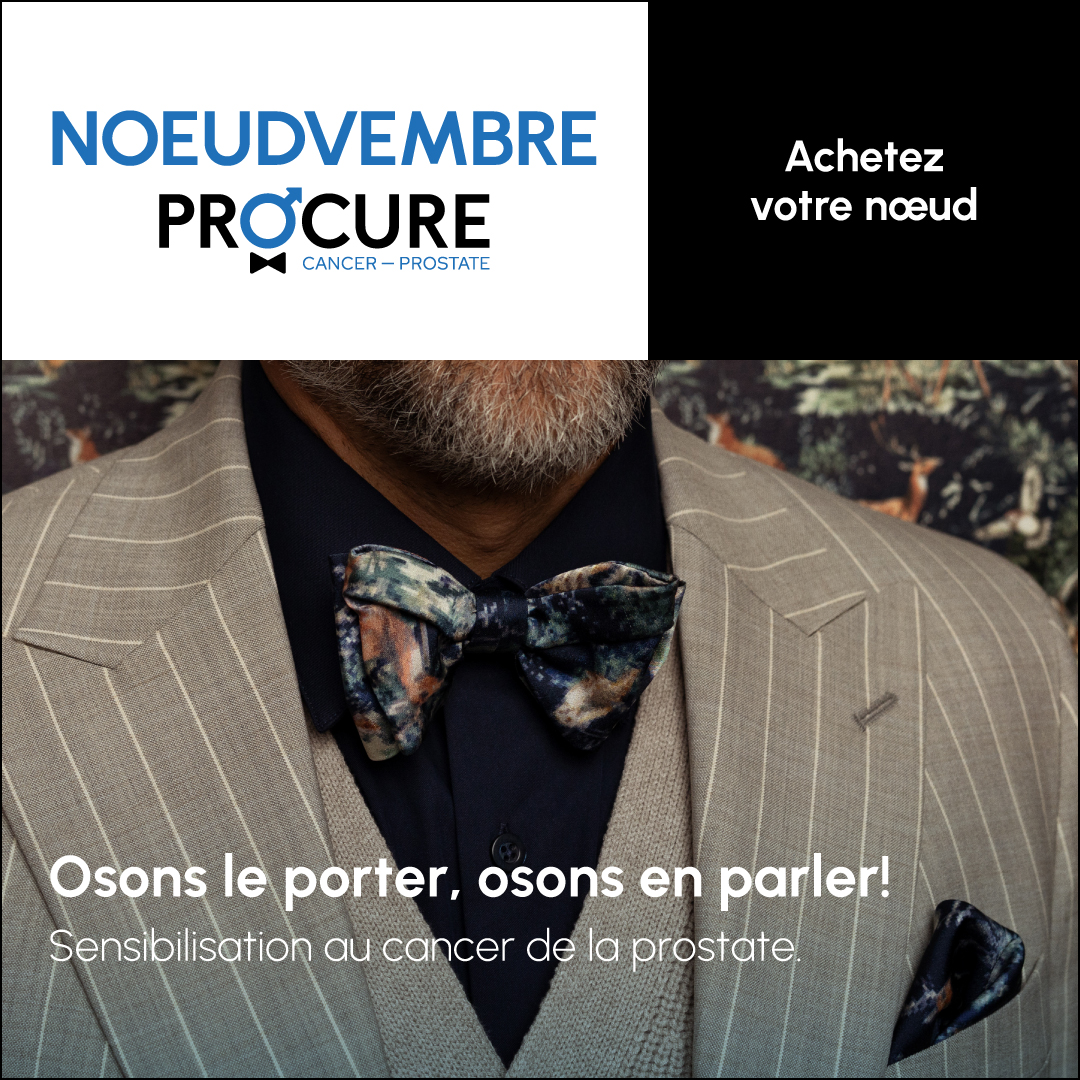Blog
Blog
Our series of blog posts
Our blogs are written by health professionals who have expertise in the field of prostate and prostate cancer. You can therefore be assured that the information provided is precise and accurate. The many topics covered are intended to help people better understand the effects of the disease, treatment options and how to improve their quality of life.
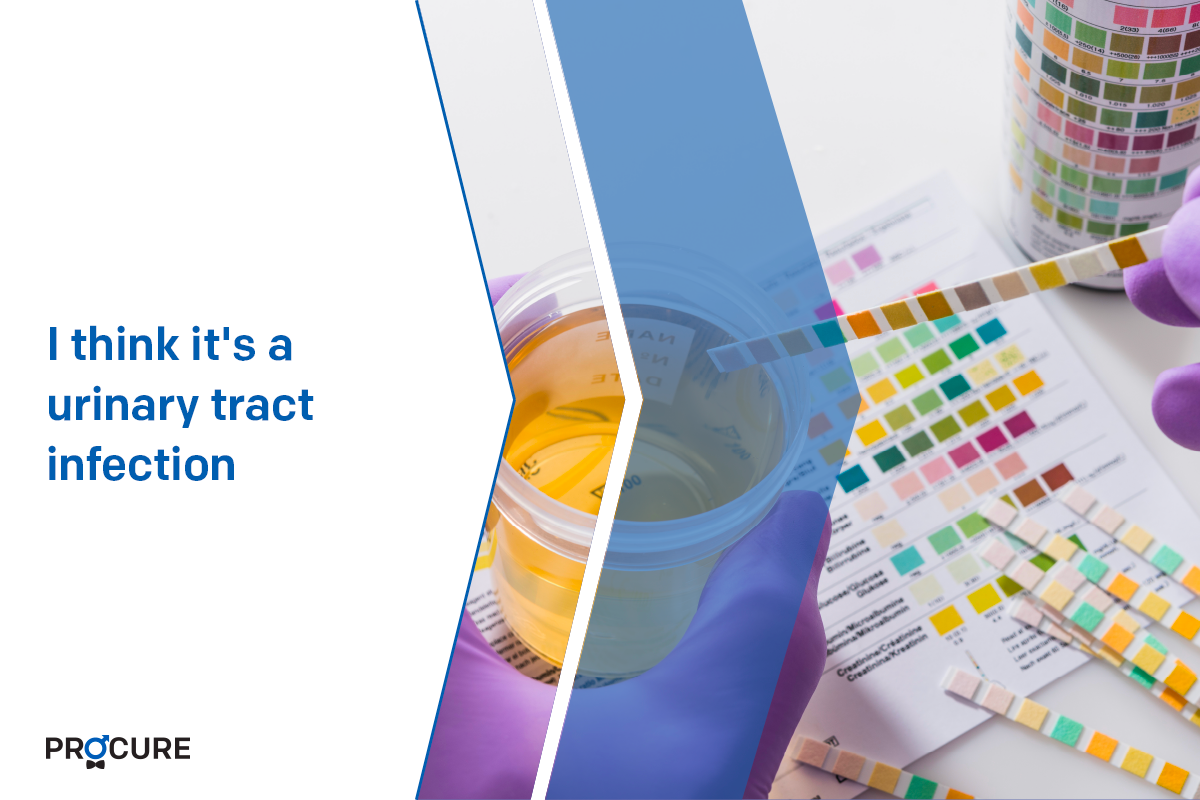
I think it’s a urinary tract infection
Do you have urinary symptoms accompanied by pain or burning when you urinate? It could be a urinary tract infection. UTI is much rarer in men than in women. It has two major causes: a sexually transmitted disease or complications related to your prostate. Infection can happen when harmful bacteria lodges in your urinary tract. […]
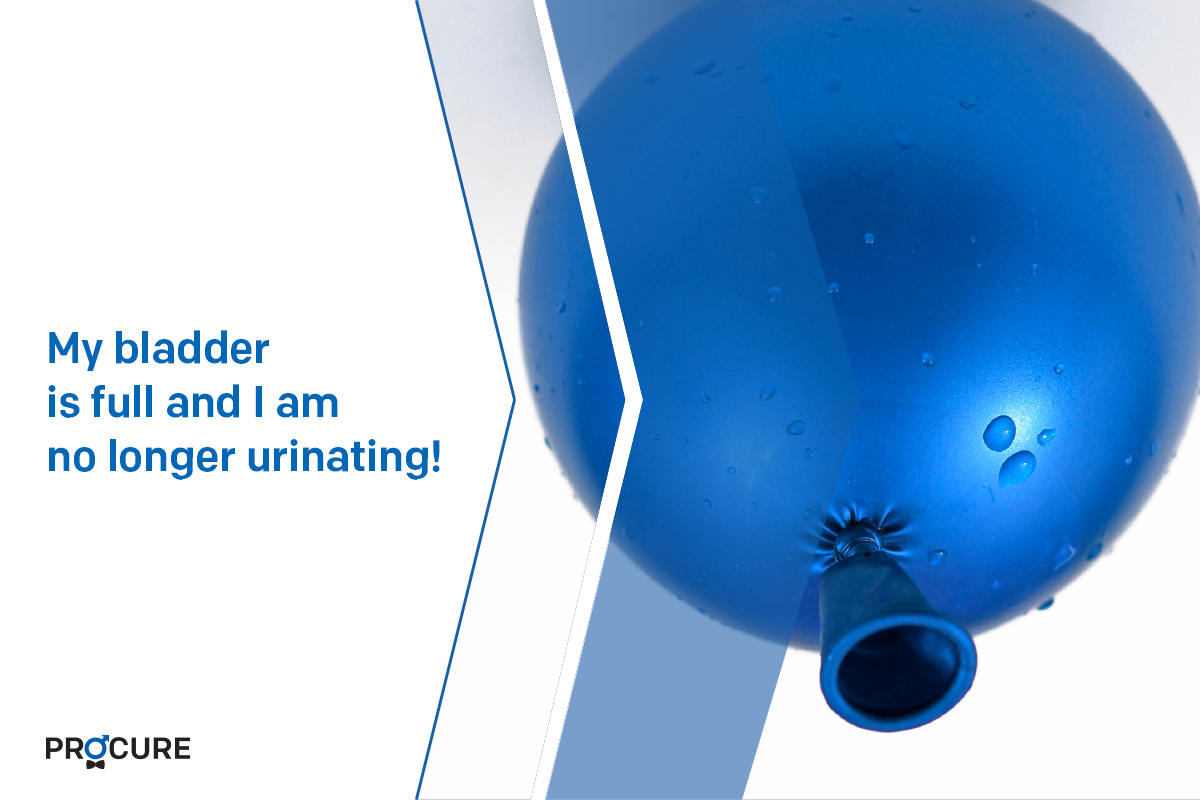
My bladder is full and I am no longer urinating!
A sudden and painful inability to voluntarily empty the bladder suggests acute urinary retention. My bladder is full and I am no longer urinating means consult urgently! It is more common in men than women and is most often due to an enlarged prostate or BPH. The latter can compress the urethra, to the point […]

Managing stress to ease BPH symptoms
Why is it important to better manage stress to ease BPH symptoms? To improve your quality of life. It’s easy to understand how the symptoms of an enlarged prostate or BPH can cause stress. Having an urgent need to find a bathroom at work, while traveling or when you’re on a golf course or on […]
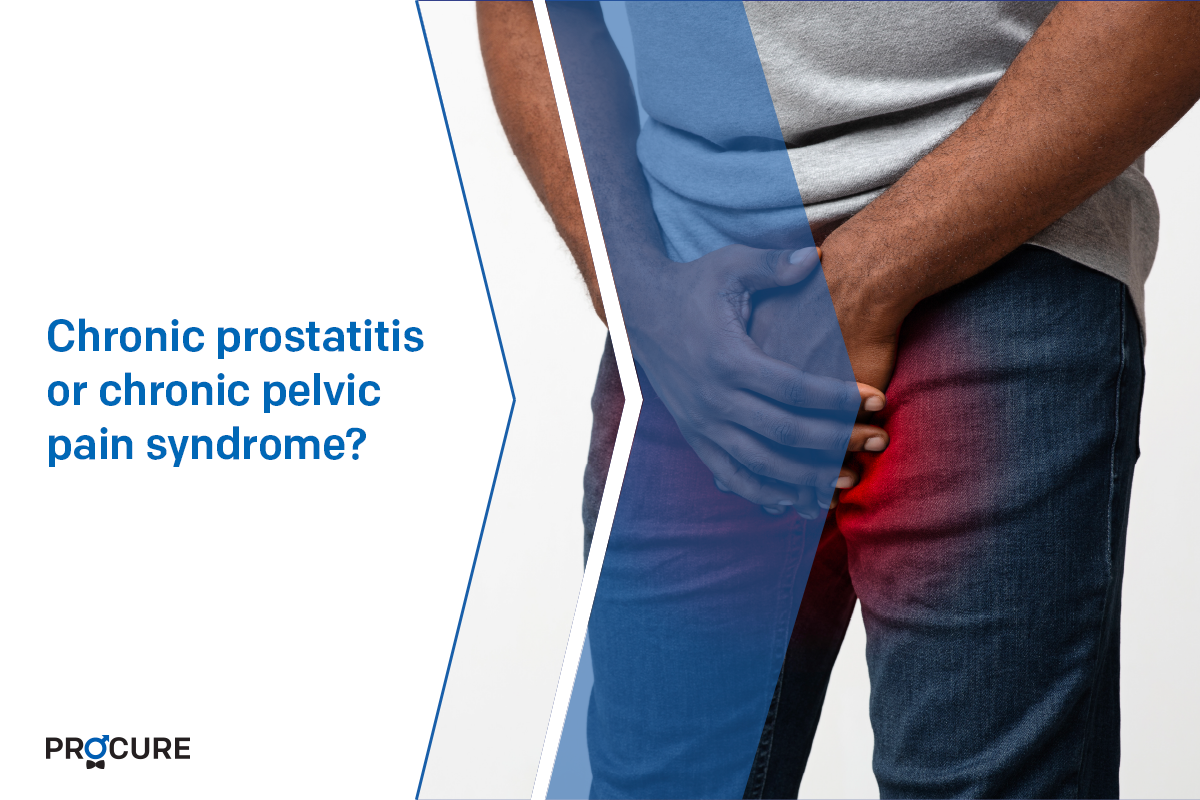
Chronic prostatitis or chronic pelvic pain syndrome?
Chronic pelvic pain syndrome, previously known as chronic prostatitis, is a condition that mainly manifests as pelvic pain, but other symptoms can accompany this condition as well. The causes of chronic pelvic pain syndrome (CPPS) are not well understood. This problem has traditionally been treated with antibiotics, although bacteria are rarely involved. It can persist […]
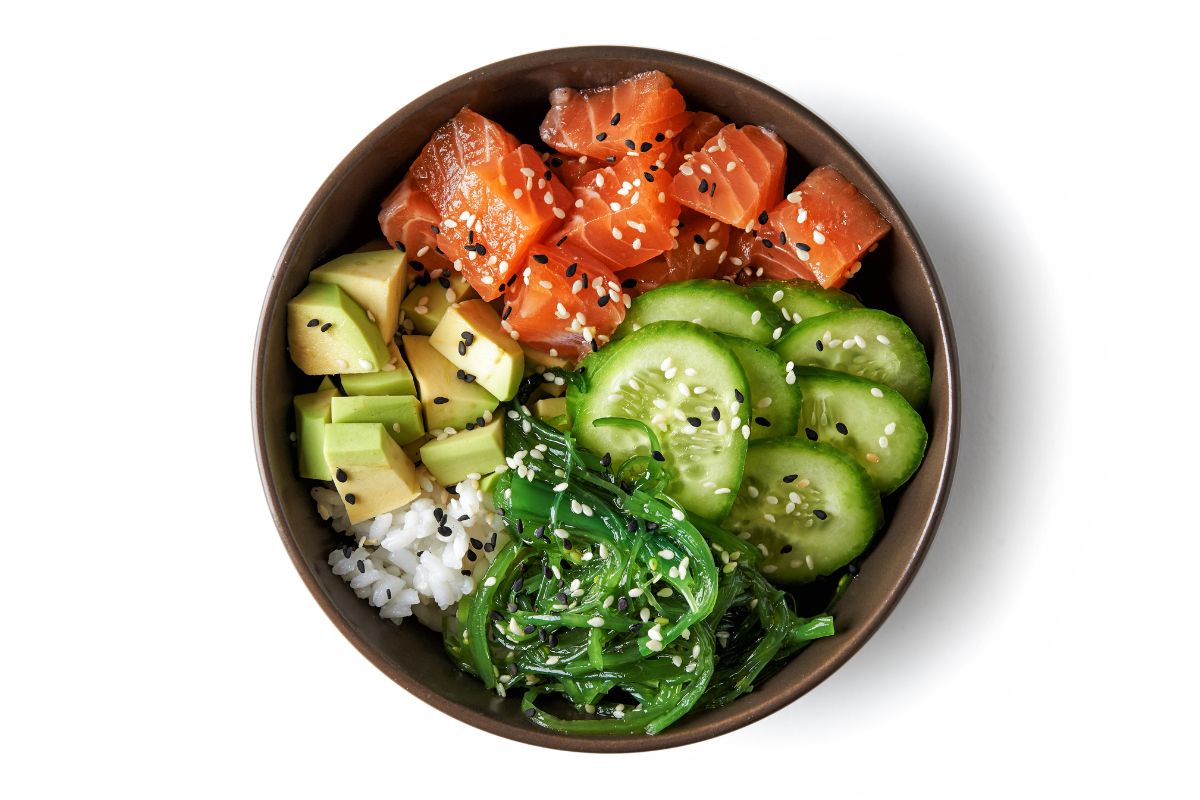
The Mediterranean Diet ranked best diet in 2021
The results came in and for the fourth year in a row, the Mediterranean diet was chosen as the best diet to follow in 2021, according to US News and World Report, which was in its 11th annual review of the best diets. Indeed, an expert panel of 25 of the country’s top physicians, nutritionists […]

5 Tips for slimmer, healthier, and tastier meals
Whether you want to prevent prostate cancer or simply eat well, here are 5 tips for slimmer, healthier, and tastier meals. But to get there, it’s important to find recipes that will satisfy your appetite, without overdoing it or giving in to snacking impulses. In fact, swapping out calorie-dense food for a healthier choice while staying true […]


